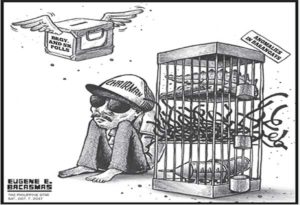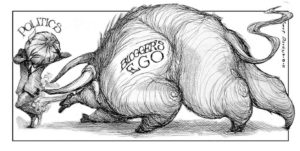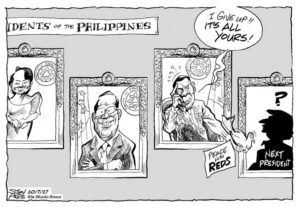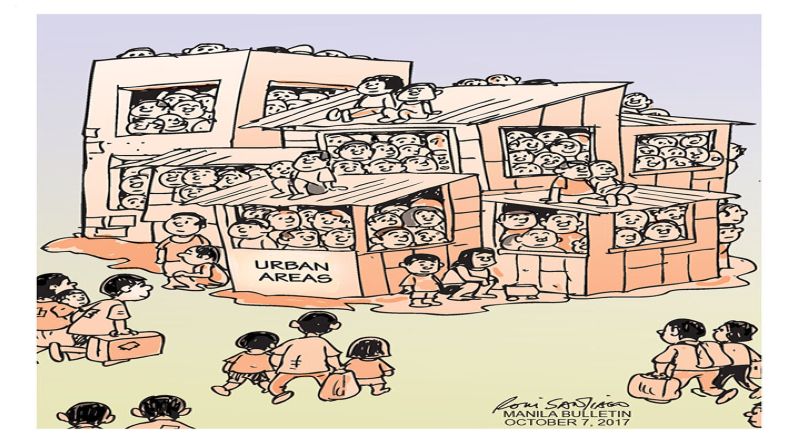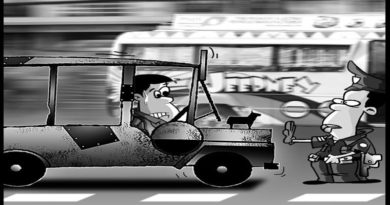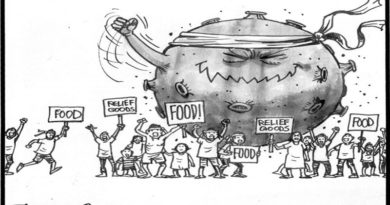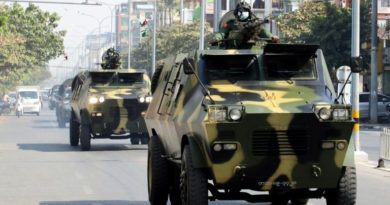Programs with impact on the lives of the poor
There was both good news and bad news on the economic front early last week.
The Philippine Stock Exchange Index (PSEI) closed Monday with a record high of 8,312.93, the highest ever. Leading the rise were stocks in services, financials, holding firms, property, and industrials. Only two sectors – mining and oil – were not part of the rising tide.
Similar stock increases were reported in the rest of Asia, led by Tokyo’s Nikkei 225 Index, which hit a two-year high. European stocks reported similar rallies and they all drew strength from the United States (US) whose main stock indices – Dow Jones, S&P 500, and Nasdaq – all closed on record highs.
Stock market prices reflect the level of optimism and confidence in the economy, both local and international. The soaring of US stocks is said to be driven by the rise of US manufacturing activities to their highest level in the last 13 years. As Japan and the US are the Philippines’ principal trading partners, optimism in these two nations is bound to boost our own.
Not so positive was a report released also this Monday by the World Bank entitled “East Asia and Pacific Cities: Expanding Opportunities for the Urban Poor.” Despite the dynamic growth in the Philippine economy, the report said, it has not been able to accomplish much by way of reducing poverty in the country.
The report noted that most of the 75 million urban poor in East Asia are found in the Philippines, China, and Indonesia. There has been a steady but very slow decrease in poverty in the Philippines – by only 1.6 percent (from 27.9 to 26.3 percent) from 2012 to 2015.
The Philippines today has about 1.5 million “informal settlers” – what ordinary folk call squatters because they live in shanties on public land or private lots they have taken over. And 600,000 of them – 40 percent—are in Metro Manila, living in dismal and congested slums. Because whatever jobs are available are mostly found in urban areas, the nation’s poor have tended to move to cities, thus the rising “urbanization of poverty.”
Poverty has long been a problem in the country and various administrations sought to meet the problem with varying degrees of success. The current Duterte administration came in on a wave of expectation of change in so many areas of national life – in government corruption, in peace and order, in national security, and in economic progress.
It is now moving on a broad front in all these areas, but the World Bank report should encourage it to concentrate a little more on economic development and progress, with particular emphasis on programs and projects with direct benefit and impact on the lives of the poor.
